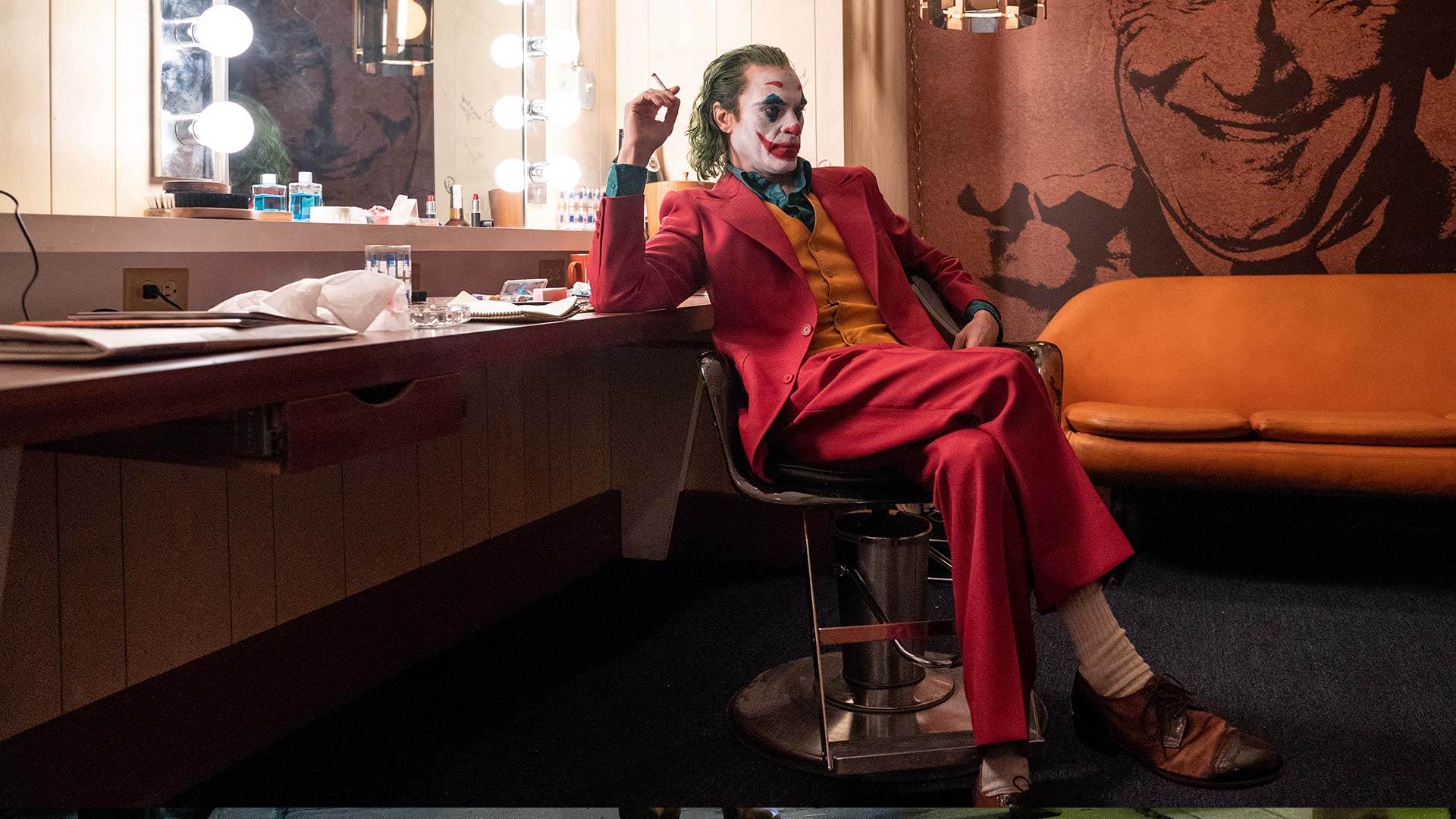

His reaction to abuse is much the same as other protagonists of comic book movies (which even involve the hero killing the villains, as in Iron Man), but the consequences are far more dire than in Spider-Man and other superhero films. However, instead of heroically dispatching the bullies through some feat of superpowers, he shoots them dead with a handgun given to him by a coworker. In Joker, Arthur also stands up for himself on a subway as three Wall Street-types drunkenly beat him after he gets into one of his involuntary laughing fits.

In Spider-Man and other conventional superhero narratives, this happens after the hero has acquired superpowers and uses those powers to stand up for themselves against criminals or bullies.

An opening scene of him being beaten up by kids while dressed as a clown mirrors the kind of scenes found in other superhero films like Spider-Man, where Peter Parker’s mistreatment at the hands of others increases our sympathy for the character.Īlso, like in other superhero films, we get the moment of empowerment, where the protagonist realizes he’s not helpless. We’re introduced to Arthur’s tragic family situation, living in a low-rent apartment caring for his emotionally-abusive mom (Frances Conroy), and we witness him being bullied at work and at home and dumped by the social welfare system. But it also operates like a superhero origin story.
#Joker 2019 characters driver#
Thus, it operates much like Taxi Driver does, with Robert De Niro’s Travis Bickle transforming from disaffected and put-upon cab driver to apocalyptic vigilante and terrorist. Joker’s narrative and stylistic approach is largely cribbed from Scorsese and begins with Fleck as a sympathetic, if wounded, outsider only to gradually jettison audience sympathy as he becomes empowered by his dysfunctions and begins to indulge his own rage fantasies. That is, until you start to examine how it tells its story and how it manipulates audience sympathy to align the viewer with a character’s moral rot, which is what makes it such an interesting film. In fact, aside from influences from some comic storylines, especially Alan Moore’s The Killing Joke and Frank Miller’s The Dark Knight Returns, Joker barely seems to be a comic book movie. Phoenix and Phillips seem disinterested in tying this Joker too closely to the comic book character. But aside from during a few key moments, director Todd Phillips leaves the commentary on the comic book character entirely by the wayside. In some ways, the film functions as an origin story for a comic book character that has loomed large over the imagination of comic book fans, especially since Heath Ledger’s iconic turn in Christopher Nolan’s The Dark Knight. Set in a crime-stricken, rat-infested Gotham City in 1981, Joker follows Joaquin Phoenix’s Arthur Fleck as he transforms from a mentally-impaired, low-rent clown to a psychotic killer and icon of rage for the city’s disaffected. Thus, even though Joker is no masterwork in terms of filmmaking, it ranks as one of the most interesting blockbusters of our superhero-saturated recent years. Even more intriguing is that it might be the first comic book film to be primarily focused on character psychology, with almost no interest in action.
#Joker 2019 characters movie#
And yet, it is also a comic book movie and for a genre that is primarily interested in spectacle and pandering to the audience, Joker instead subverts audience sympathy and takes the viewer down a path rarely explored in these types of movies. It also takes a psychological approach that is almost entirely borrowed from other cinematic milestones.
#Joker 2019 characters serial#
It’s an in-depth character portrait of a violent and repulsive individual, similar to Henry: Portrait of a Serial Killer. As evidenced by its trailers, advertisements, and promotional interviews, Joker is a pastiche of antihero dramas from the late seventies and early eighties, primarily Martin Scorsese’s Taxi Driver and The King of Comedy. As well, for a film touted as a revolution in blockbuster filmmaking, Joker is largely familiar in its broad strokes. Let’s get this out of the way off the top: Joker is neither an incitement to violence, nor a celebration of incel culture or whatever lonely, violent, male outcasts the media have chosen to obsess with in recent years.


 0 kommentar(er)
0 kommentar(er)
